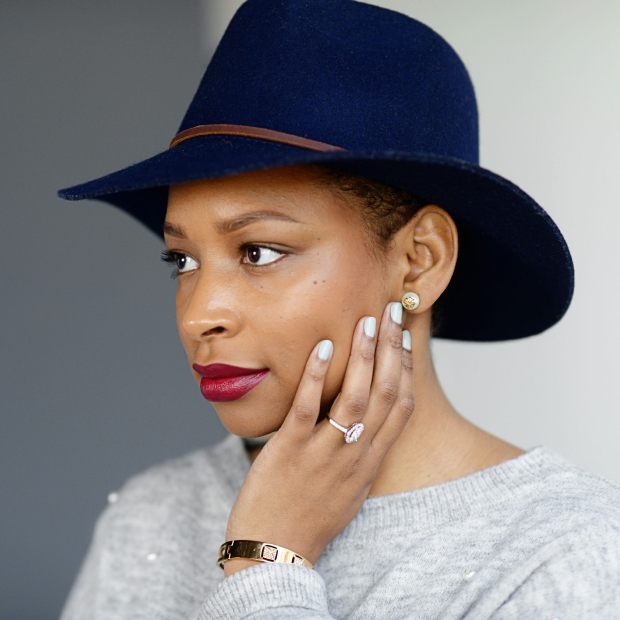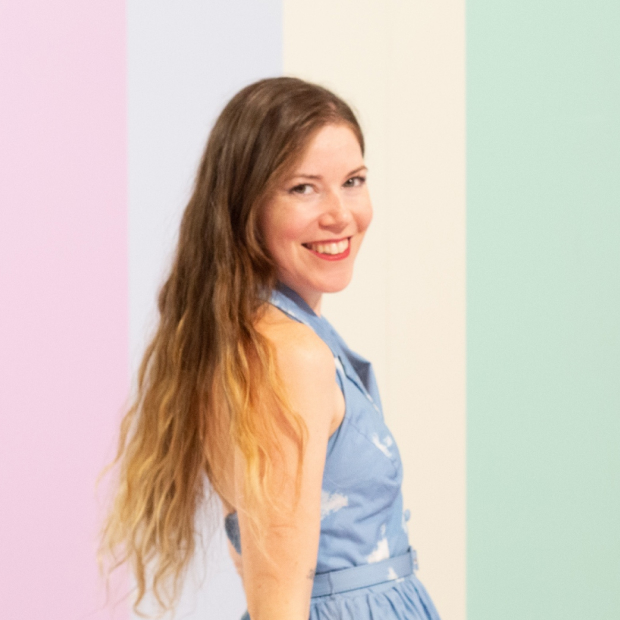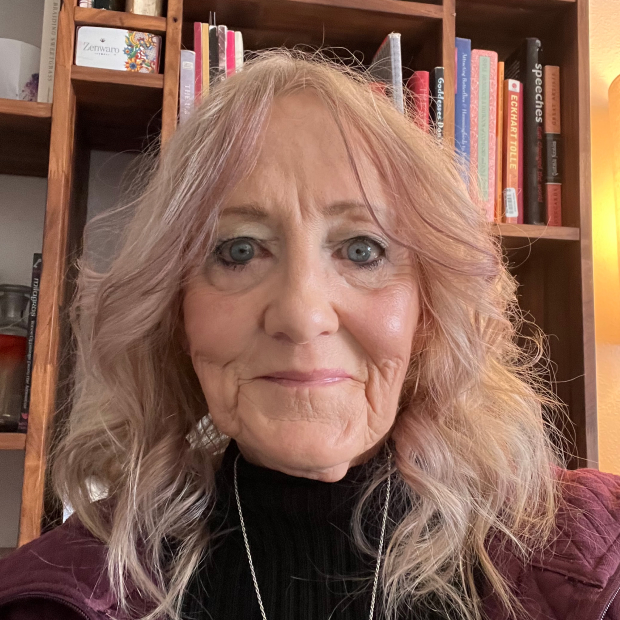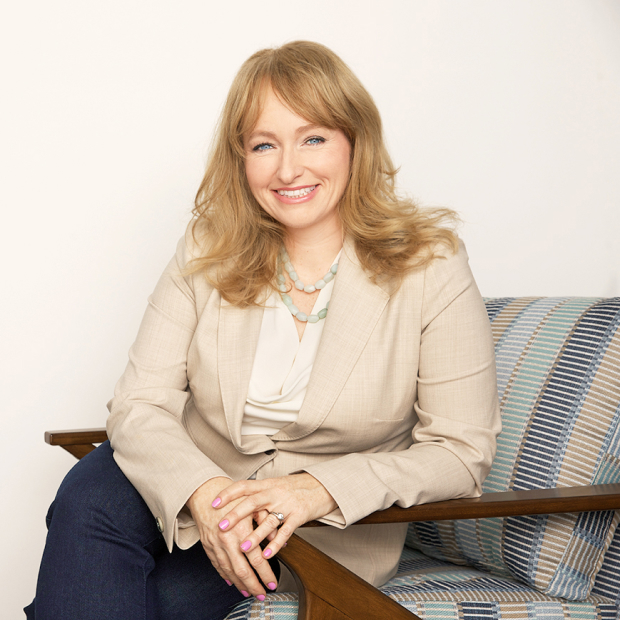Women’s History Month is a time to celebrate the many contributions women have made to contemporary society, inspiring progress in civil rights, business, politics, the arts, and beyond.
To honor the 2024 Women’s History Month theme of Women Who Advocate for Equity, Diversity, and Inclusion, we hosted a first-of-its-kind panel that featured a group of Bluevine customers—all women entrepreneurs who have paved the way for themselves and others.
Meet the panel participants
On March 20, 2024, Bluevine leaders and employees from all over the world joined a virtual event, during which five inspirational women discussed a range of topics related to leading a woman-owned business.
The panel featured:
Tamara Maltiel
Tamara owns and operates Nexus Automation with her husband in the Bay Area. Their company manufactures unique parts and prototypes, including everything from custom screws and puzzle pieces to literal space rockets.


KéNisha Ruff
With Marie Hunter Beauty, KéNisha elevates the cosmetic experience to offer luxurious, cruelty-free skincare and beauty products to all people and skin tones. All ingredients and packaging are ethically sourced.
Brittany Bly
Brittany’s local craft fair found amazing success in the Houston area, then developed into something much bigger. Now, Pop Shop America offers fully vetted, all-in-one craft kits and supplies to DIYers across the country.


Marianne Freeman
Over the past 40 years, Marianne’s Zenwaro has morphed from a home decor and frame shop with multiple locations to a unique online destination for artisan-crafted creations inspired by Mexican culture.
Leila Bulling Towne
As an executive coach and leadership facilitator, Leila helps executives strengthen their leadership skills through programs like Awesome Leader and more.

Leila shares the dos and don’ts of leading a small business.
Q&A highlights from the panel
What’s it like being an entrepreneur?
Tamara: You get to design your own career and do things that are important to you. You feel the wins so strongly—they are fully yours. But you also feel the losses strongly, and they’re fully yours, too. You have to be your own cheerleader and trust yourself.
KéNisha: My favorite thing about being an entrepreneur is that I get to express my creativity to my customers. I think, How can I bring this idea to life?
Brittany: You need to exercise the best version of yourself at all times, and I’m really grateful for that. Entrepreneurship forces you to grow.
Marianne: You develop a lot of emotional strength and skills in all areas. I’ve learned to wear many hats—I never thought I’d be a bookkeeper!
Tamara: Being the owner also means you’re the one people come to when the office is out of toilet paper.
What made you want to start your own business?
Leila: I come from a family business—my dad opened a stainless steel fabrication company in the late ’70s. It’s tough to run a business. In a way, I have that entrepreneurial spirit because my mom helped my dad run that business. So, now I can run my own business.
Tamara: Being an entrepreneur can be flexible and fun. You can prioritize your children and family. You can wear different hats, too. I had always been curious about marketing and analytics, so I can do that when I want to now.
Marianne: I found something that never felt like it was a job. And that, to me, is one of the best parts of having your own business.
Why is it so important to amplify women’s voices in business?
Brittany: The number one challenge for women entrepreneurs is funding. When you’re not backed by a venture capital (VC) firm, you need to be able to learn lessons really quickly and pivot. You need to become smarter faster.
KéNisha: The business world is saturated with male VCs, so they don’t always relate to women’s visions.
Leila: I never set out to be an expert in women’s leadership because I want to take the experience of all kinds of businesses and help anybody, no matter how they identify. But the majority of people who ask for coaching and feel they have the right to have it are male. So, what I’ve tried to do is to be more intentional in adapting my offers for people who identify as women. My goal is to get people who do not seem the norm to be the norm.
What led you to Bluevine?
Tamara: I live in Redwood City, so I think I was driving one day and saw the Bluevine logo on an office building.
Marianne: I was completely frustrated after years with traditional banks. Too many promises not kept, so many excuses. I wasn’t quite ready to let go of the comfort of my traditional large bank, but I decided it was unacceptable after nobody would answer my calls.
Leila: I’d been working with a bank for a long time. They combined my personal and business accounts and wouldn’t let me log in, but they let my husband log in even though he wasn’t part of the business. Nobody would admit this was a problem and they chose not to fix it. So, I decided enough was enough and searched online. And Bluevine was so easy to set up.
Get started with Bluevine Business Checking in minutes.
What’s your favorite thing about Bluevine?
KéNisha: What I love most is that there are no monthly fees or minimum balances associated with my account. A lot of traditional banks will charge you if you don’t meet a minimum balance. I also love sub-accounts so I can track different budgets.
Leila: I love the fact that I can create sub-accounts easily. So, I have an account where payments come in, then I quickly move those funds to a sub-account. I also love that I can scan a check and it’ll be there like (*snaps*) that.
Tamara: Customer support is so helpful if there’s ever an issue. I don’t think we’d get this level of support with a big bank. There are so many problems you need to deal with as a small business, but just knowing I can call or email a person and get a response is amazing.
Marianne: We don’t see each other face to face, but this is a much more personal experience, and I appreciate it. Reachable, available, and personable—Bluevine is a big part of my business.
One final piece of advice for entrepreneurs
KéNisha: People don’t buy from brands, they buy from people. So, you need to build a community where people feel like they can relate to you.
Brittany: It’s important to have a mantra. The more you repeat it, the easier it becomes—and the more it becomes a part of you.
Marianne: Celebrate every win. There are certainly ups and downs, and the bad is never as bad as it seems in the moment. That mindset will keep you going in the hard times.
Tamara: If you want to have a successful business, don’t stop trying until you have one. Worry about the short-term and immediate challenges to make your long-term vision happen.
Leila: For women specifically, acknowledge stereotypes and biases but try not to feed into them. Call people out on them in a respectful way when you feel it’s necessary.
Expert marketing tips and more from a female small business owner.
